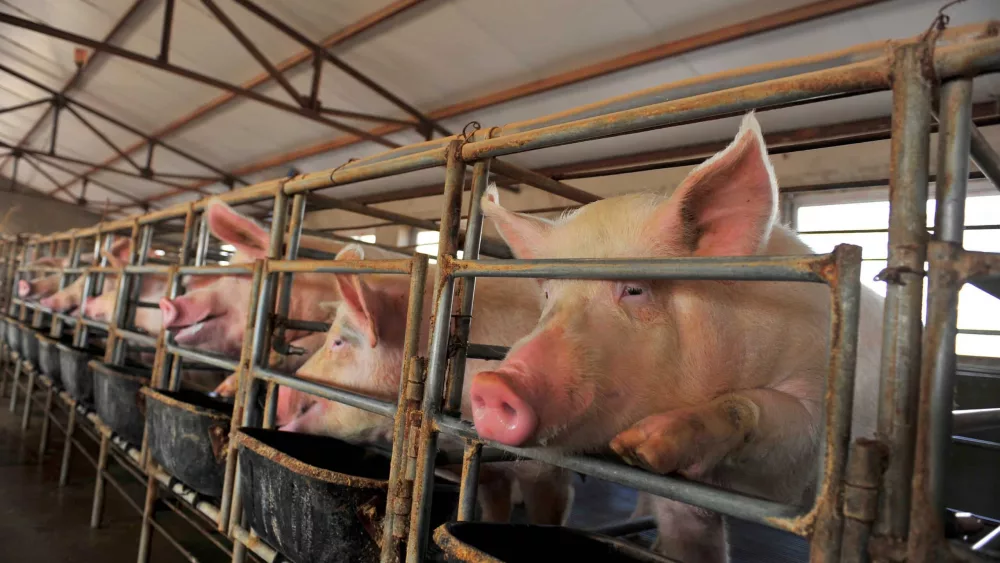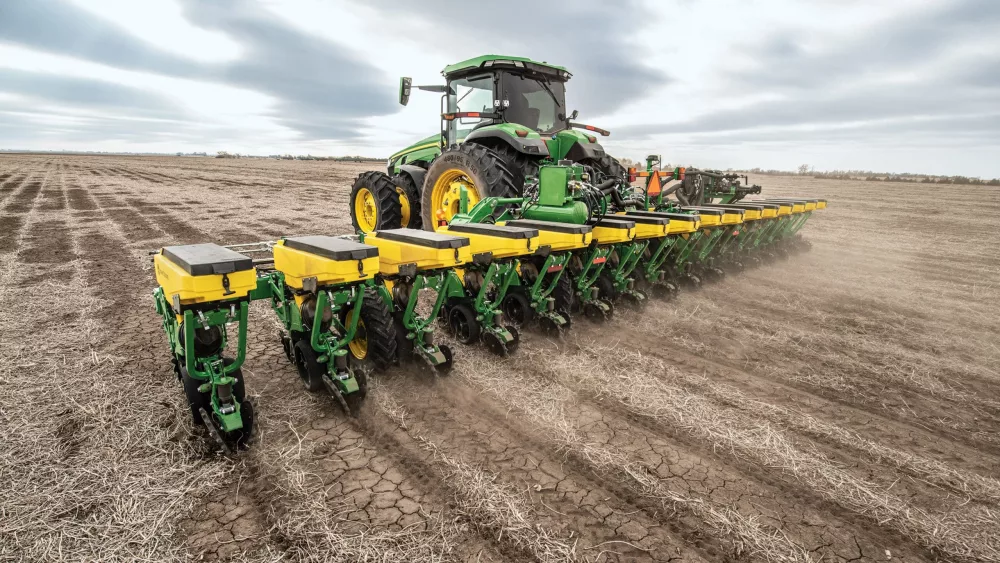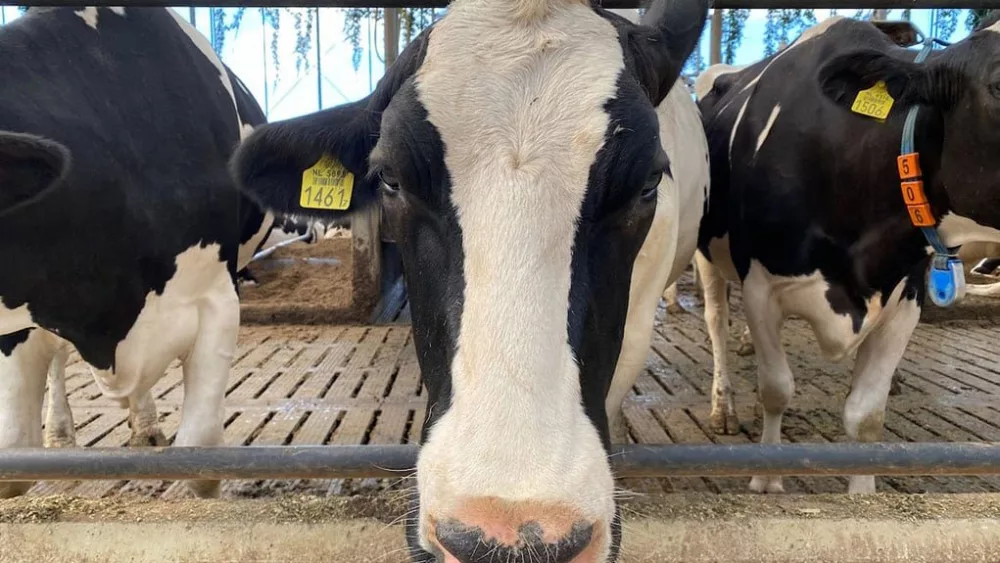
(WASHINGTON D.C.) — A large number of organizations representing farmers, ranchers, forest owners, agricultural cooperatives, and industry stakeholders have sent a letter to Congressional leaders regarding Section 199A in the Tax Cuts and Jobs Act.
“We urge Congress to permanently extend the expiring 199A provision within the Tax Cuts and Jobs Act of 2017,” they said.
Section 199A has been essential in keeping co-ops and their farmer members competitive with corporations that have benefited from the permanently reduced corporate tax rate in the 2017 Act. Each year, farmer cooperatives pass roughly 95 percent of the benefits, totaling over $2 billion, directly back to farmers across rural America. The deduction has fueled job creation, economic growth, and rural investment.
“However, without congressional action, Section 199A will expire at the end of 2025, leaving farmers with significantly higher tax burdens, including many who would face double-digit increases,” the letter adds. “Support families by making Section 199A permanent.”
On the same topic, this week, more than 50 farmer cooperative leaders from across the country traveled to the nation’s capital as part of the National Council of Farmer Cooperatives’ (NCFC) Washington fly-in. The delegation met with members of Congress and key policymakers to urge the permanent extension of the Section 199A tax provision, which they also say is vital to ensuring a level playing field for farmer co-ops and producer-members.
“Farmer cooperatives play a crucial role in the economic success of rural communities, and Section 199A is essential to ensuring they can continue to compete and thrive,” said Chuck Conner, president and CEO of NCFC. “This week’s fly-in underscores the broad and deep support for maintaining this critical tax provision and highlights the real-world impact it has on America’s farmers and ranchers. I would also like to thank our colleagues at the National Milk Producers Federation who brought several dairy farmers to Washington to participate in the fly-in.”
The Section 199A deduction was originally enacted as part of the 2017 Tax Cuts and Jobs Act (TCJA) to maintain the tax benefits that farmer co-ops and their producer-members had previously received under the Domestic Production Activities Deduction (Section 199). The provision helps co-ops return more value to their members, reinvest in rural communities, and maintain their competitive position in the agricultural supply chain.
During their meetings on Capitol Hill, co-op leaders emphasized that without a permanent extension, farmers and their cooperatives could face significant financial uncertainty. The potential expiration of Section 199A would put farmer co-ops at a disadvantage compared to their competitors.
“Section 199A is not just a tax issue—it’s a fairness issue,” Conner continued. “We appreciate the bipartisan support this provision has received, and we urge Congress to act swiftly to provide long-term certainty for co-ops and their members.”






